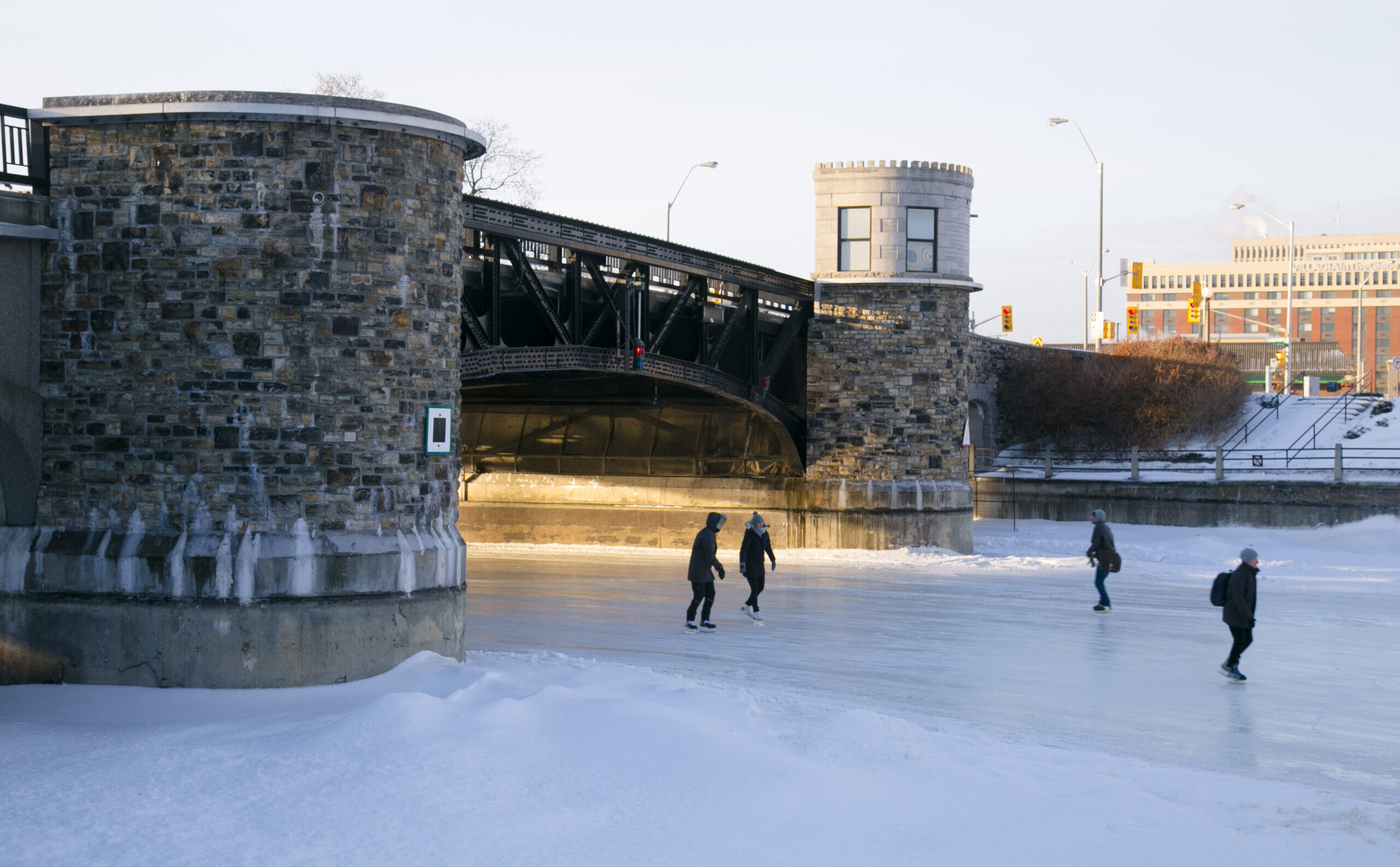When founding partner Mark Thompson Brandt presented at the APT international conference in Buffalo in 2018, he introduced the idea that “everyone now has their own personal Climate Chaos story.” Most people in developing countries may find it hard to lean in to actively fighting climate change, or by making it a priority in their lives. However, as “unprecedented” weather events become precedented, climate change is all around and despite being a crisis that moves slowly, its effects are evidently impacting our winter activities.
Every year, Ottawa residents and tourists alike look forward to Winterlude – the National Capital’s three-week frosty festival, that takes place during the City’s coldest months. Ottawa has a steady reputation for having frigid temperatures and is considered one of the country’s coldest cities. In 2019 it even received the honour of the Coldest Capital in the World.
One of the Festival’s biggest attractions is the Rideau Canal Skateway, the world’s largest outdoor rink, which generally sees over a million visitors each year. A non-refrigerated 7.8 km rink is a feat in itself, and is often subject to varying conditions and temperature fluctuations. This year’s situation, however has given many a pause. For the first year since its beginning in 1971, the Rideau Canal Skateway will likely not open.
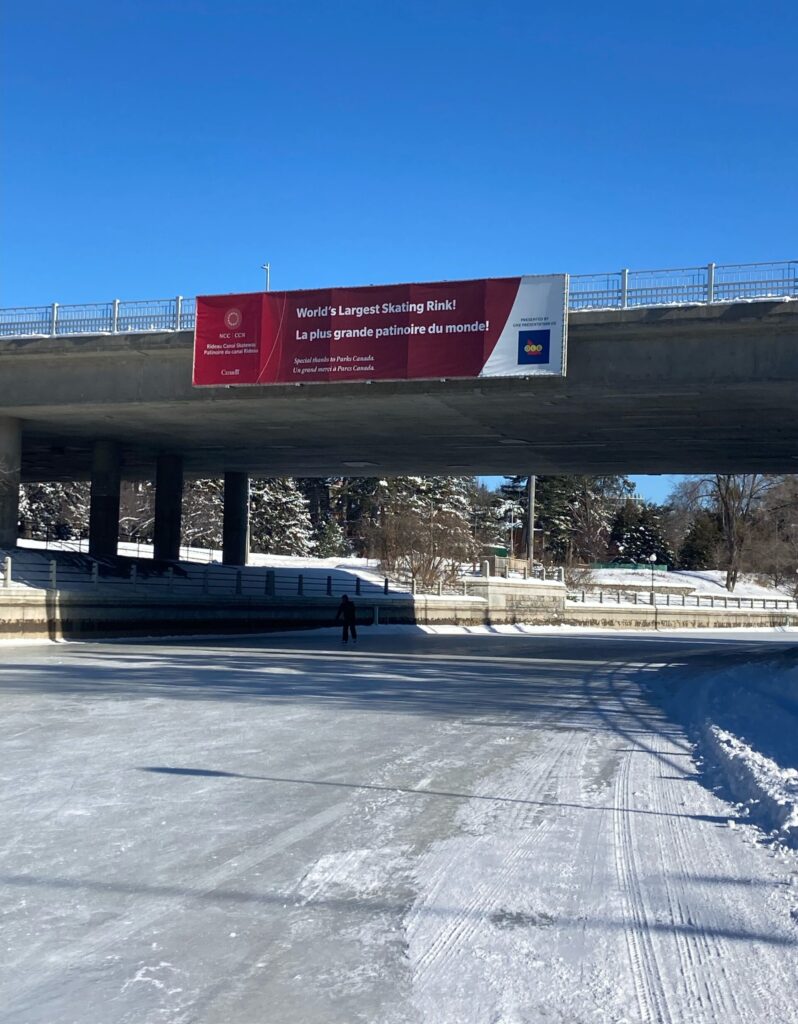
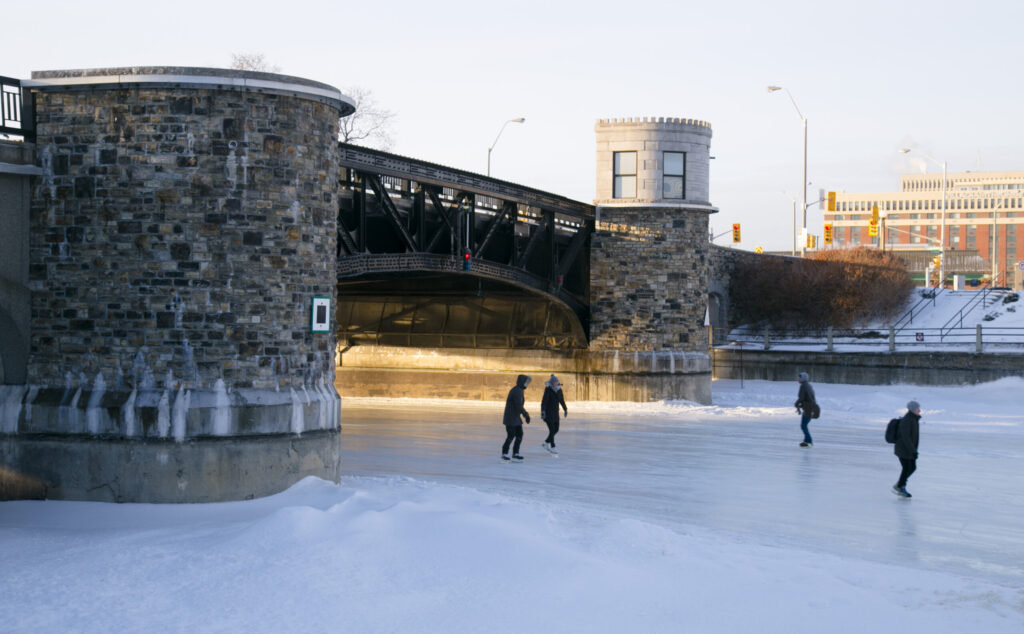

Ottawa is experiencing one of its warmest ever winters like other Canadian cities, and as climate change accelerates, the season has steadily become shorter. The last eight years have been the warmest on record for the planet. The melting ice does not come as a surprise to the National Capital Commission (NCC), who manages the site. They have been exploring innovative ways to maintain the rink as temperatures warm. This year, however, the dramatic shift in weather has given tourists and residents greater pause.
A recent news article cites a 2021 technical study assessing the risks and effects of climate change on the rink, and determined that the Rideau Canal Skateway season length has been decreasing by 3.8 days per decade on average – mostly due to later starts of the skating season. Overall, this temperature modelling shows that outdoor rinks will eventually become rare in and by 2050, you likely won’t be able to build an outdoor rink in southern Ontario.
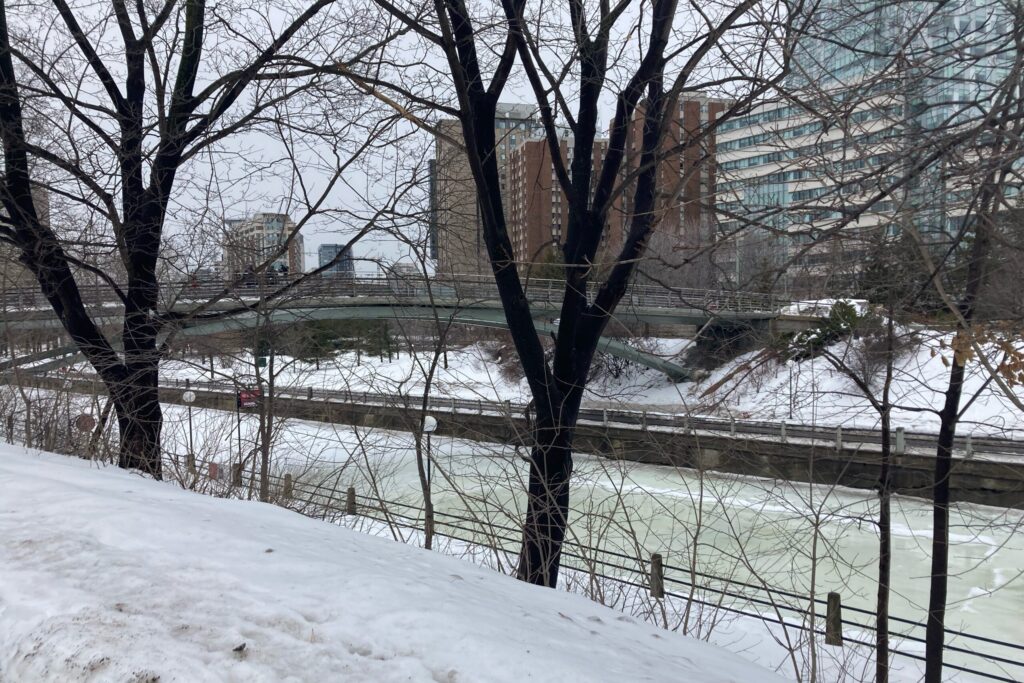
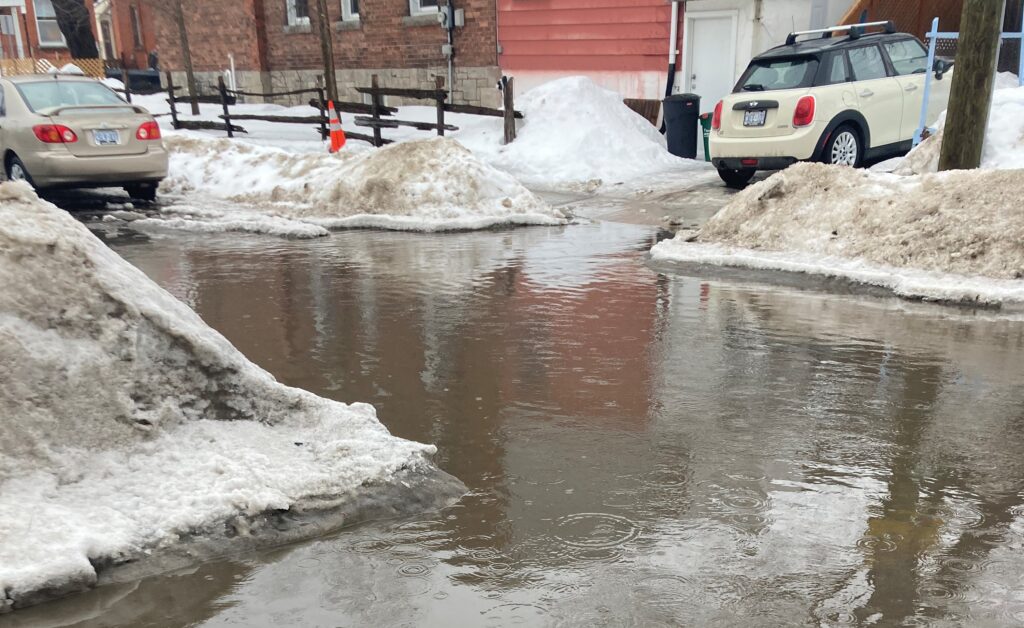
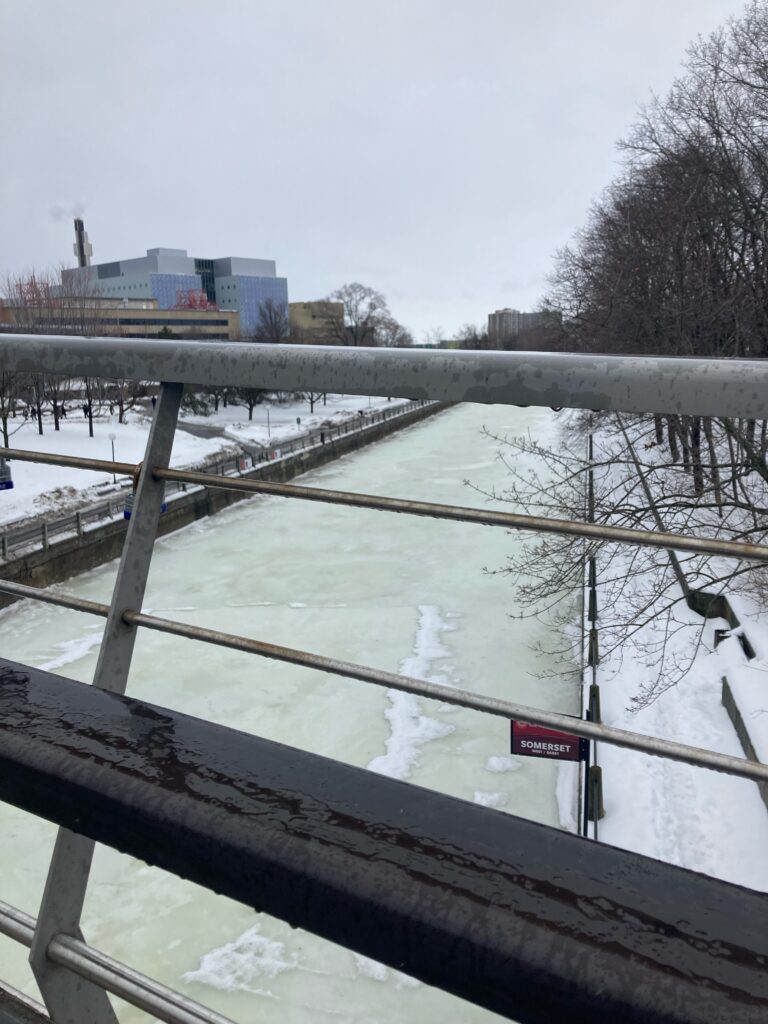
TRACE has been working hard for well over a decade to spread the word and promote an accelerated change in the construction industry to help fight Climate Chaos or better yet, build with resiliency. The building sector accounts for 40% of all global emissions, meaning we as construction professionals have a moral responsibility to change drastically and quickly. TRACE’s mantra focusses on the area that can provide the most positive impact – BUILDING REUSE is CLIMATE ACTION.

